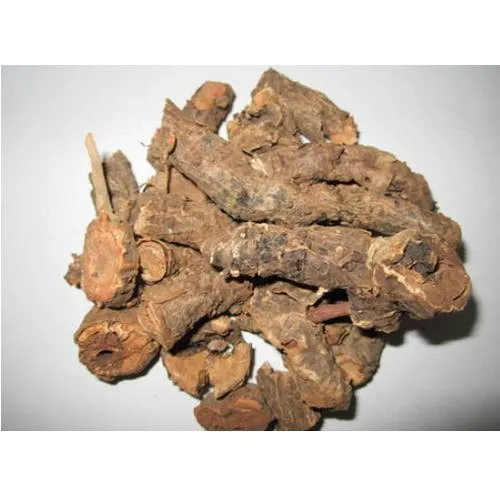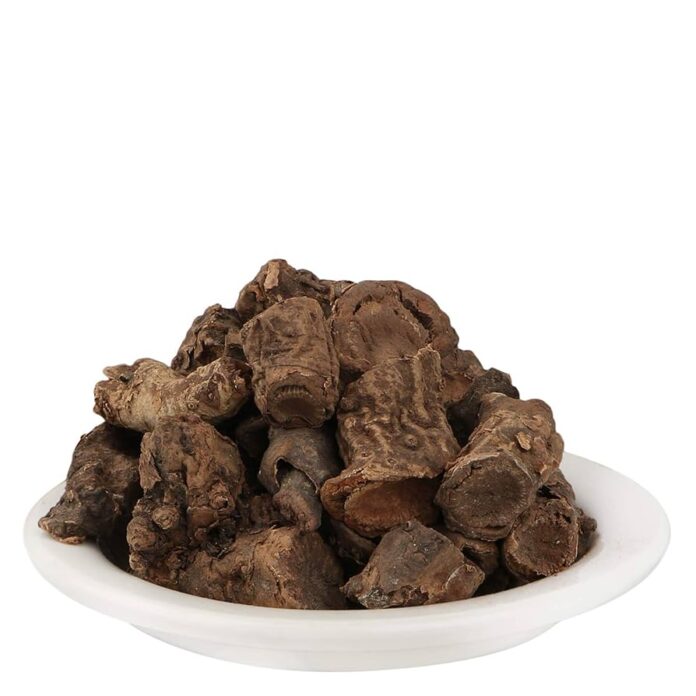INTRODUCTION:
Lakadi Pashanbhed is a traditional Ayurvedic herb known for its strong ability to break and eliminate kidney stones. The name literally means “stone breaker” in Sanskrit. It helps in improving urine flow, reducing pain, and treating urinary infections. The plant grows in the Himalayan region and is mainly used for its root (rhizomSanskrit – Pashanabheda, Ashmabheda.

Hindi – Lakadi Pashanbhed, Pathar Tod, Pakhanbhed
Marathi – Lakdi Pashanbhed, Pashanbhed
Gujarati – Pashanbhedi
Tamil – Sirupeelai, Kalkuli Virai
Telugu – Konda Pindi, Kalluravapaku
Kannada – Kallusappu, Shilajatu, Pashanabhedi
Malayalam – Kallurvanchi, Shilajit
Punjabi – Pathar Todak
Bengali – Patharkuchi, Pashanbhed
Urdu – Pathar Phod Booti
Odia (Oriya) – Patharchura
English – Stone Breakere)
HEALTH BENEFITS:

Helps Break Kidney Stones: It is famous for its ability to dissolve and break kidney stones, making them easier to pass.
Improves Urine Flow: Acts as a natural diuretic, increasing urine production and flushing out toxins.
Treats Urinary Infections: Has antimicrobial properties that help fight infections in the urinary tract.
Reduces Inflammation: Helps soothe inflammation and pain in the kidneys and bladder.
Wound Healing: Traditionally used to heal wounds and skin infections when applied externally.
Supports Liver Health: Helps detoxify the liver and improves its function.
Controls Diabetes: May help in managing blood sugar levels naturally.
Boosts Immunity: Its antioxidant properties help strengthen the immune system.
SIDE EFFECTS:

Cardiotoxicity at High Doses:
Ingesting Pashanbhed in very high quantities might have negative effects on the heart, so people with heart problems should consult a healthcare provider before use.
Digestive Issues:
While less emphasized in scientific literature for Bergenia ligulata, some other plants, like Harad (often used in Ayurvedic preparations), can cause diarrhea or abdominal discomfort in excessive amounts.
Lack of Standardization:
The term “Pashanbhed” refers to various plants in different regions. This lack of standardization can make it difficult to determine specific side effects, as the effects can vary depending on the plant species being used.
Medical Consultation:
Always consult a qualified physician or Ayurvedic practitioner before using Pashanbhed, especially if you have pre-existing health conditions like heart disease.
HOW TO USE :
- Powder Form (Churna):
- Take 1 to 3 grams of dried Lakadi Pashanbhed powder daily with warm water or honey.
- Best taken after meals to aid digestion and kidney health.
- Decoction (Kashaya):
- Boil about 5–10 grams of the dried root/rhizome in water until it reduces to half.
- Strain and drink this decoction 1–2 times a day.
- Capsules or Tablets:
- Available in Ayurvedic stores, follow the dosage instructions on the packaging or as advised by an Ayurvedic practitioner.
- External Use:
- The paste of the root can be applied on wounds or skin infections for faster healing.
Important Tips:
- Always consult a healthcare provider before starting, especially if you are pregnant, breastfeeding, or have existing health conditions.
- Do not exceed the recommended dose.
- Drink plenty of water to help flush out toxins and stones.




